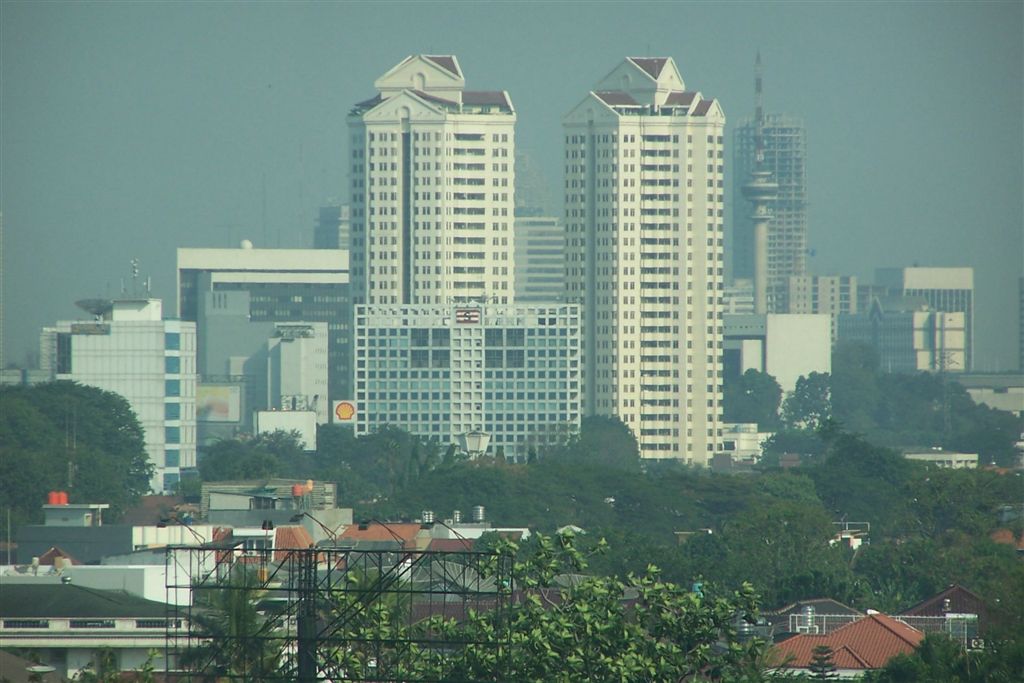Months after coming into force, Indonesian legislation for rooftop solar has prompted a lukewarm response.
As predicted by Fabby Tumiwa – director of Indonesia’s Institute for Essential Services Reform – when decree 49/2018 was issued by the Ministry of Energy and Mineral Resources in November, the net metering rules have not proven attractive enough to spur growth and encourage businesses and homeowners to install solar rooftops. Solar stakeholders say the tariff offered by the scheme in return for excess energy exported back to the grid is too low.
The Indonesia Rooftop Photovoltaic Users Association (PPLSA) told pv magazine the low tariff is being exacerbated by a series of other hurdles to the adoption of rooftop PV.
The solar group cited capacity and emergency energy utilization charges for industrial customers; a mandatory requirement only registered companies can install rooftop solar; the fact rooftop systems are treated similarly to diesel gensets which can operate around the clock; size limitations based on inverter nameplates; and a requirement permits be secured from utilities before installation. A further deterrent is the requirement for rooftop systems to either use locally made or certified modules and inverters, or for consumers to pay to have imports re-certified, according to the PPLSA.
Going off grid
Popular content
Although the new regime established the legal right of homeowners to install rooftop systems – previously, utilities had to give permission – PPLSA president Yohanes Sumaryo said the net metering factor of 0.65 set by the government had hobbled the system. “This means that for every kilowatt-hour that a PV system [sends] to [the] grid, our grid consumption will be reduced by 0.65 kWh,” he said.
Sumaryo revealed 300 members of the association have already gone off grid by disconnecting from the network of utility Perusahaan Listrik Negara and are planning to deploy storage to manage excess power. Although buying and installing a storage system may increase project costs by around 50%, disgruntled users have decided to abandon net metering without notifying the utility.
Newspaper The Jakarta Post reported the Ministry of Energy and Mineral Resources is defending the net metering provisions and will make an assessment of the results after a year of the regime.
What is certain, is Indonesia must do more if it wants to keep its promise to increase its share of renewable energy from around 14% to 23% by 2025. The country is supporting large-scale PV through a law issued in April 2017, with several large solar projects announced in the past two years.
This content is protected by copyright and may not be reused. If you want to cooperate with us and would like to reuse some of our content, please contact: editors@pv-magazine.com.



By submitting this form you agree to pv magazine using your data for the purposes of publishing your comment.
Your personal data will only be disclosed or otherwise transmitted to third parties for the purposes of spam filtering or if this is necessary for technical maintenance of the website. Any other transfer to third parties will not take place unless this is justified on the basis of applicable data protection regulations or if pv magazine is legally obliged to do so.
You may revoke this consent at any time with effect for the future, in which case your personal data will be deleted immediately. Otherwise, your data will be deleted if pv magazine has processed your request or the purpose of data storage is fulfilled.
Further information on data privacy can be found in our Data Protection Policy.